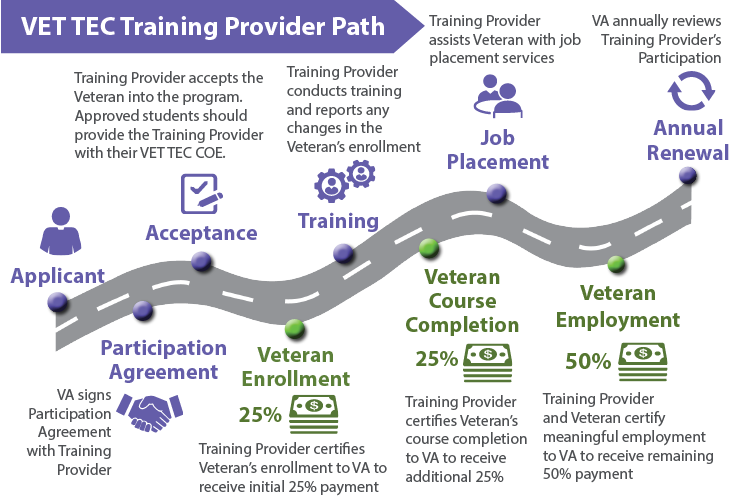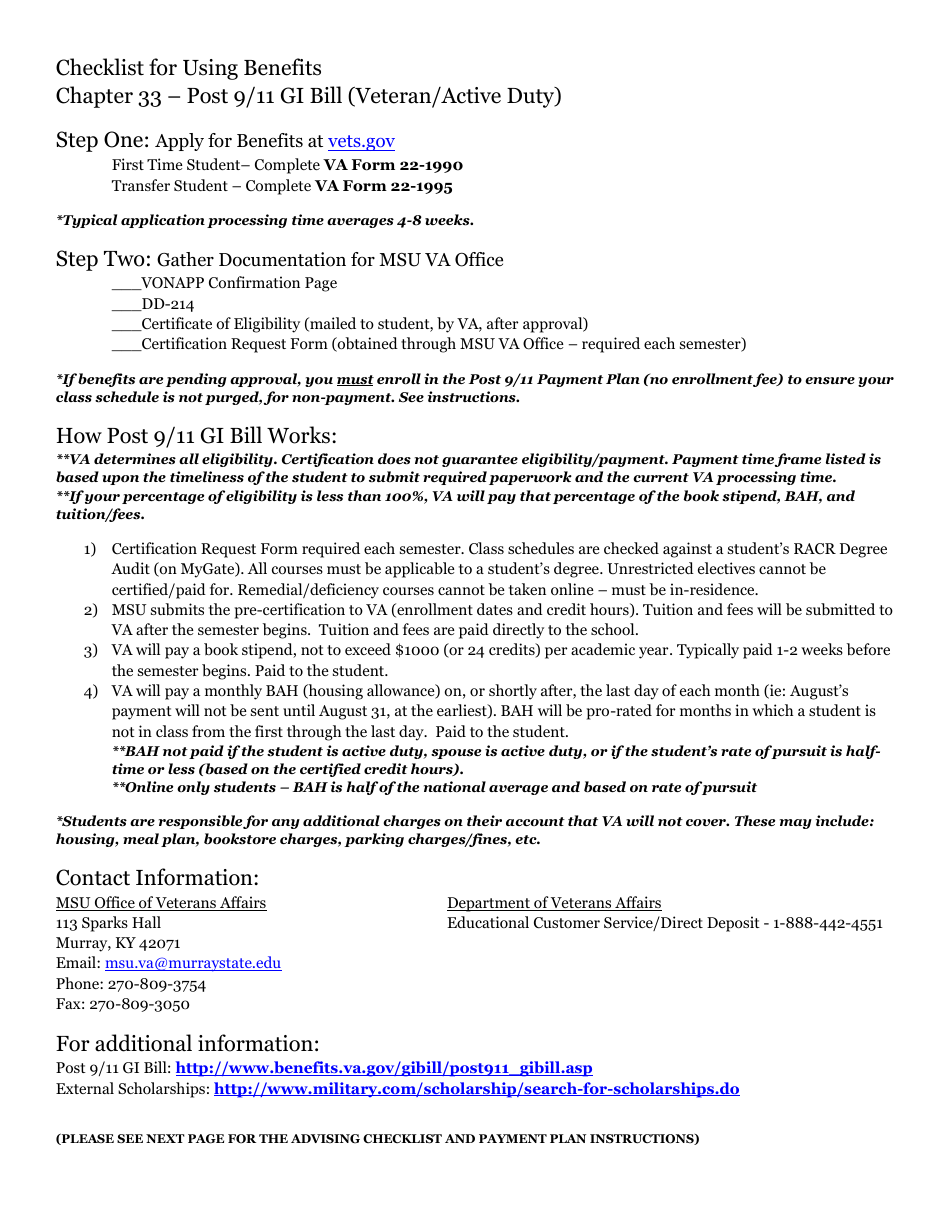What Did The Gi Bill Of Rights Provide To Veterans Answerscom
If you're searching for picture and video information linked to the keyword you've come to pay a visit to the ideal blog. Our site gives you suggestions for viewing the maximum quality video and picture content, search and find more informative video articles and images that fit your interests.
includes one of tens of thousands of movie collections from various sources, particularly Youtube, therefore we recommend this movie for you to view. This site is for them to visit this website.

Through the Veterans Administration later the Department of Veterans Affairs.
What did the gi bill of rights provide to veterans answerscom. Bill of Rights is the informal name used to refer to the Servicemans Readjustment Act of 1944 which is a congressional act that provides benefits to American soldiers following the end. Student veterans are among the most successful students in higher education with higher GPAs stronger graduation rates and more resilience. Disapproval for purposes of educational assistance programs of Department of Veterans Affairs of. The GI Bill of Rights officially known as the Servicemens Readjustment Act of 1944 is one of the most important pieces of service-related legislation passed to help those in uniform.
VA the act enabled veterans to obtain grants for school and college tuition low-interest mortgage and small-business loans job training hiring privileges and unemployment benefits. The GI Bill was created in response to an outcry of the treatment of World War I veterans who often returned to the US. The 1944 version of the GI Bill of Rights included loans for farms or businesses plus unemployment compensation. Bill expired in 1956 but the term GI.
In 1944 Congress passed and President Roosevelt signed the GI. Education and Training Home Apply for and manage the VA benefits and services youve earned as a Veteran Servicemember or family memberlike health care disability education and more. What did the GI Bill of Rights provide to veterans. It established veterans hospitals provided for vocational rehabilitation made low-interest mortgages available and granted stipends covering tuition.
Bill was a law that provided a range of benefits for returning World War II veterans commonly referred to as GIs. The new law gives Veterans with active duty service on or after Sept. Start studying what benefits did the G I bill of rights provide for veterans. Approximately 4 billion in GI Bill benefits not limited to education were paid to some nine million veterans between 1944 and 1949 alone according to The.
While the GI Bills language did not specifically exclude African-American veterans from its benefits it was structured in a way that ultimately shut doors for the 12 million Black veterans. Roosevelt signs the GI. Bill of Rights or the Servicemens Readjustment Act. This generous program offered millions of veterans returning from World War II.
The GI Bill provides educational assistance to servicemembers veterans and their dependents. Learn vocabulary terms and more with flashcards games and other study tools. Wage increases home loans tax deductions food stamps. The GI Bill Of Rights made sure that the American soldiers would get money for college and money to provide there family after the war they were just in.
A It provided money to pay for their education B It guaranteed a years worth of money whilst they look for other employment kattyahto8 and 3 more users found this answer helpful. Question from Student Veterans of America. It did a couple things for them. GI Bill of Rights help veteransby thegranted stipends covering tuition and expenses for veterans attending college or trade schools.
Originally called the The. This provision would require the Secretary to provide electronic proof to a veteran that they will be receiving housing payments from VA under the GI Bill as a source of income so that the veteran can provide this proof to a landlord when applying to rent a home. 11 2001 enhanced educational benefits that cover more educational expenses provide a living allowance money for books and the ability to transfer unused educational benefits to spouses or children. With little more than enough money to get home.
















